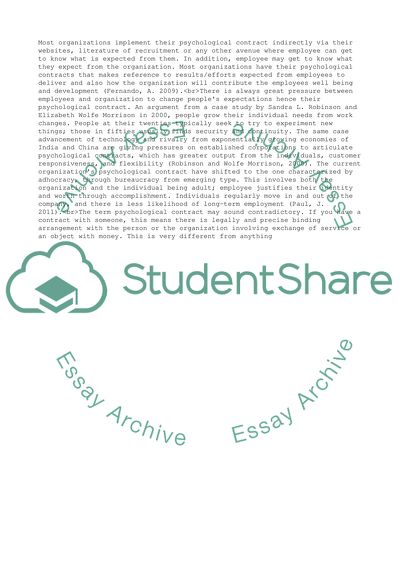Cite this document
(Knowledge management at Tata Steel Essay Example | Topics and Well Written Essays - 1500 words, n.d.)
Knowledge management at Tata Steel Essay Example | Topics and Well Written Essays - 1500 words. https://studentshare.org/management/1863139-knowledge-management-at-tata-steel
Knowledge management at Tata Steel Essay Example | Topics and Well Written Essays - 1500 words. https://studentshare.org/management/1863139-knowledge-management-at-tata-steel
(Knowledge Management at Tata Steel Essay Example | Topics and Well Written Essays - 1500 Words)
Knowledge Management at Tata Steel Essay Example | Topics and Well Written Essays - 1500 Words. https://studentshare.org/management/1863139-knowledge-management-at-tata-steel.
Knowledge Management at Tata Steel Essay Example | Topics and Well Written Essays - 1500 Words. https://studentshare.org/management/1863139-knowledge-management-at-tata-steel.
“Knowledge Management at Tata Steel Essay Example | Topics and Well Written Essays - 1500 Words”. https://studentshare.org/management/1863139-knowledge-management-at-tata-steel.


